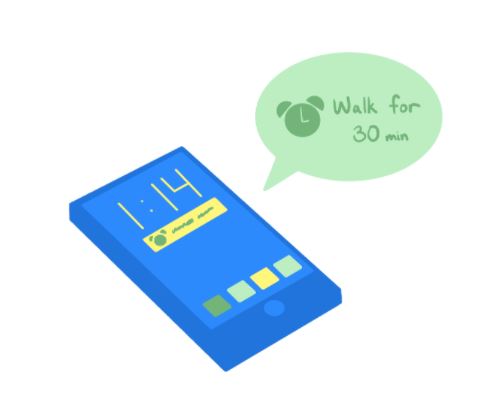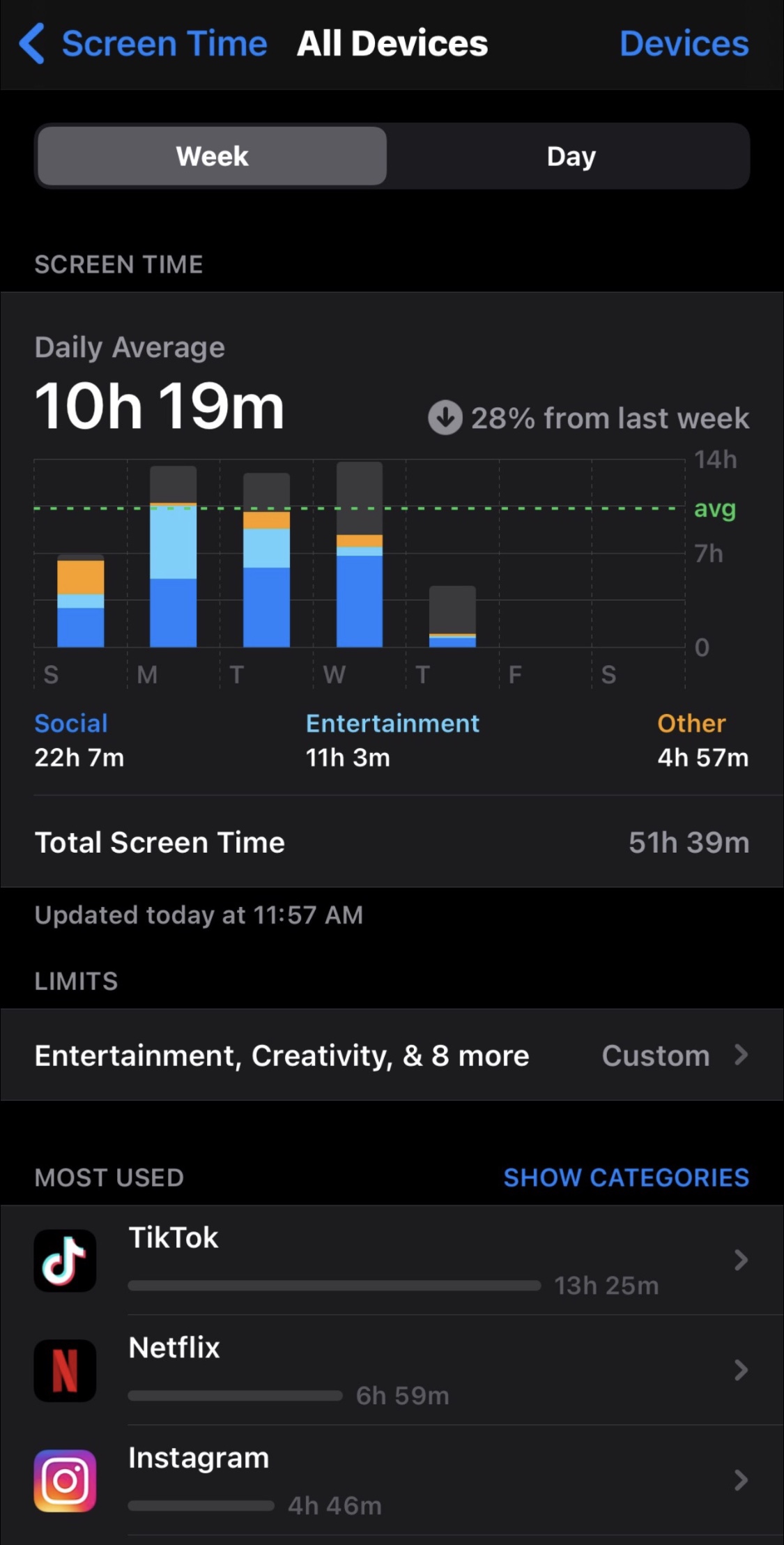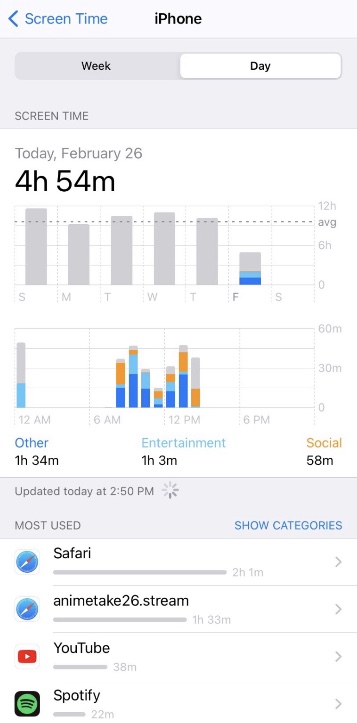
Comic by Carolina Cuevas.
Alexey Mozyaev also contributed to the article.
Humans have become overwhelmed by the new innovations of electronic gadgets, such as smartphones, computers, iPads (tablets), TVs, video games, etc., but the biggest impact has come from the different social media platforms that have been clouding the globe.
These different programs and apps have affected every individual in all walks of life. Most agencies are using social media to promote their products and companies; even the government uses the same kind of platforms to gain political desires.
With a single finger tap on the touchscreen of one’s phone, one can get food delivered to one’s doorstep in less than an hour. Especially during the pandemic, everyone now depends on the internet, doing everything remotely such as shopping, money transferring, deliveries, work and school.

The amount of hours students at Malden High spend doing school work, all the while having eyes set on the screen, equals to more than six hours. Then comes homework that students are required to do for another two hours, and oftentimes longer. Plus, social media platforms like Snapchat, Instagram, Twitter, are now places where everyone “socializes.”
Dulce Pelico, a sophomore in Malden High, stated that “if [one] is on social media a lot, there are a lot of toxic [public figures].” An example of this being the fact that “some girls make [her] insecure,” when she sees them displaying their lives through social media. As much as Pelico does not want others to affect her in that way, she finds it challenging at times to not compare. Due to these stiff competitions within the creative industries, younger generations tend to compare themselves with people their age, who have become known as social media influencers.
Before the pandemic, students and teachers spent some of their time socializing with each other in real life, while physically being at school, creating memories and having fun at a place they once called their second home. But what memories can one create when they are sitting in front of a computer for four hours straight, following with a 40-minute lunch break, after which we are again in front of the screen for another hour and 20 minutes?
Kurtis Scheer, a History teacher at Malden High, mentioned that he believes “it affects attention, motivation, mental health,” which most people, especially students, agree with; the effects of social media have impacted focus and interest in trying to cope with the new normal.
Scheer stated that “[he] is in front of the computer from about 7:00 [in the morning] to 4:00 [in the afternoon] each day.” After Scheer is done with school “at 4 p.m. [he] turns off the computer screen,” and tries to do something that “[does not] involve the screen.”
When one is connected to family, friends, and all informative, entertaining content through a single gadget, what can one do but constantly check up on other people’s lives and the world around them? Scheer stated that “[he] puts limits during the week, but obviously, there are times when [he] breaks those rules.” Even for teachers, setting limitations on the screen usage can become an exhausting process, which requires discipline and willingness.
For many individuals, freshman year of high school is exciting because students meet new and older students, from all over the town. The students get a new experience that changes the perspective of their world that is important for a teenagers’ development.
Lucia Musilli, an English teacher at Malden High agrees that “for the ninth grade it is different, because kids want connection and to be doing something when [they are] younger.” It has been difficult for freshmen at Malden High ever since the school year has started.
Gilberto Linares, a freshman at Malden High, explained that he “would prefer going to school, just because [he] enjoys the social aspect of it.” Missing out on socializing with their peers affects the health of many students, especially since it has been a difficult roller coaster.






